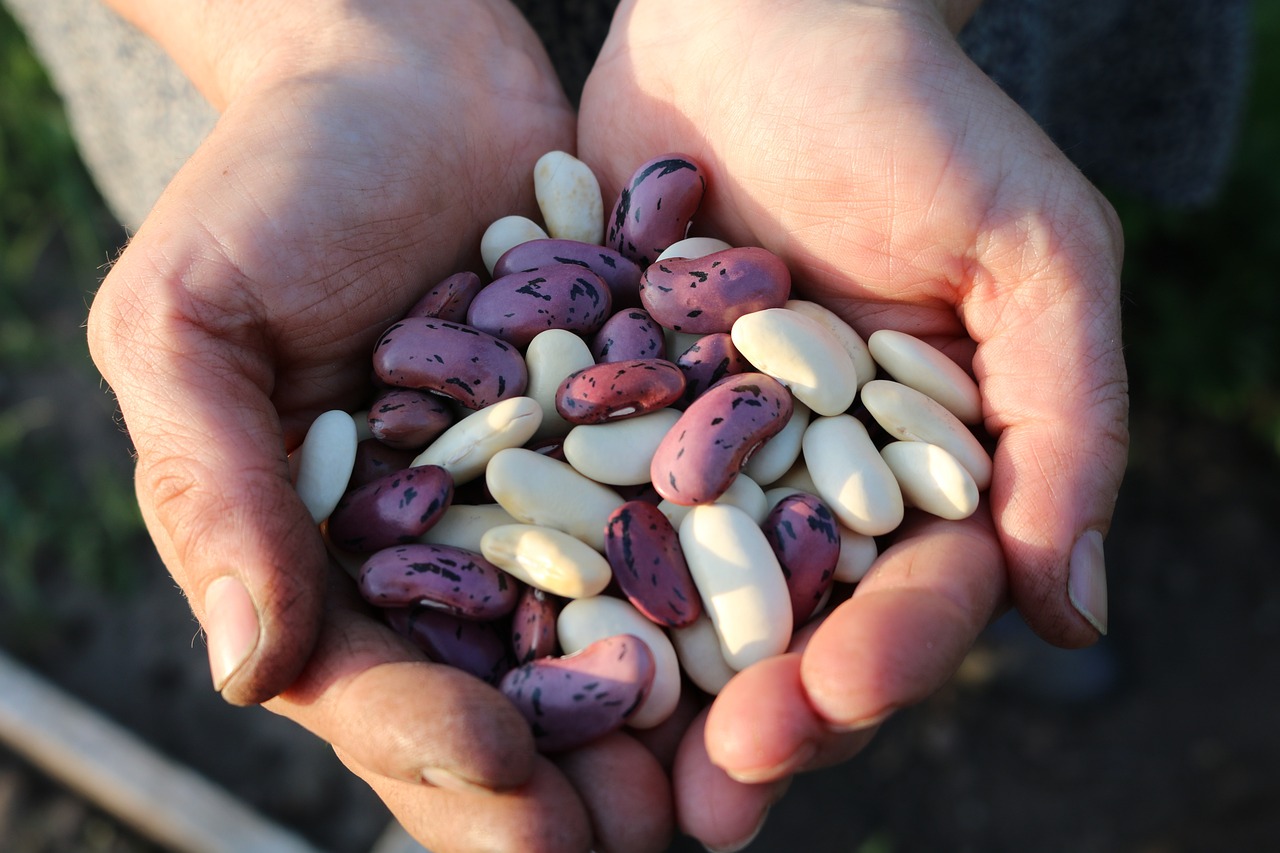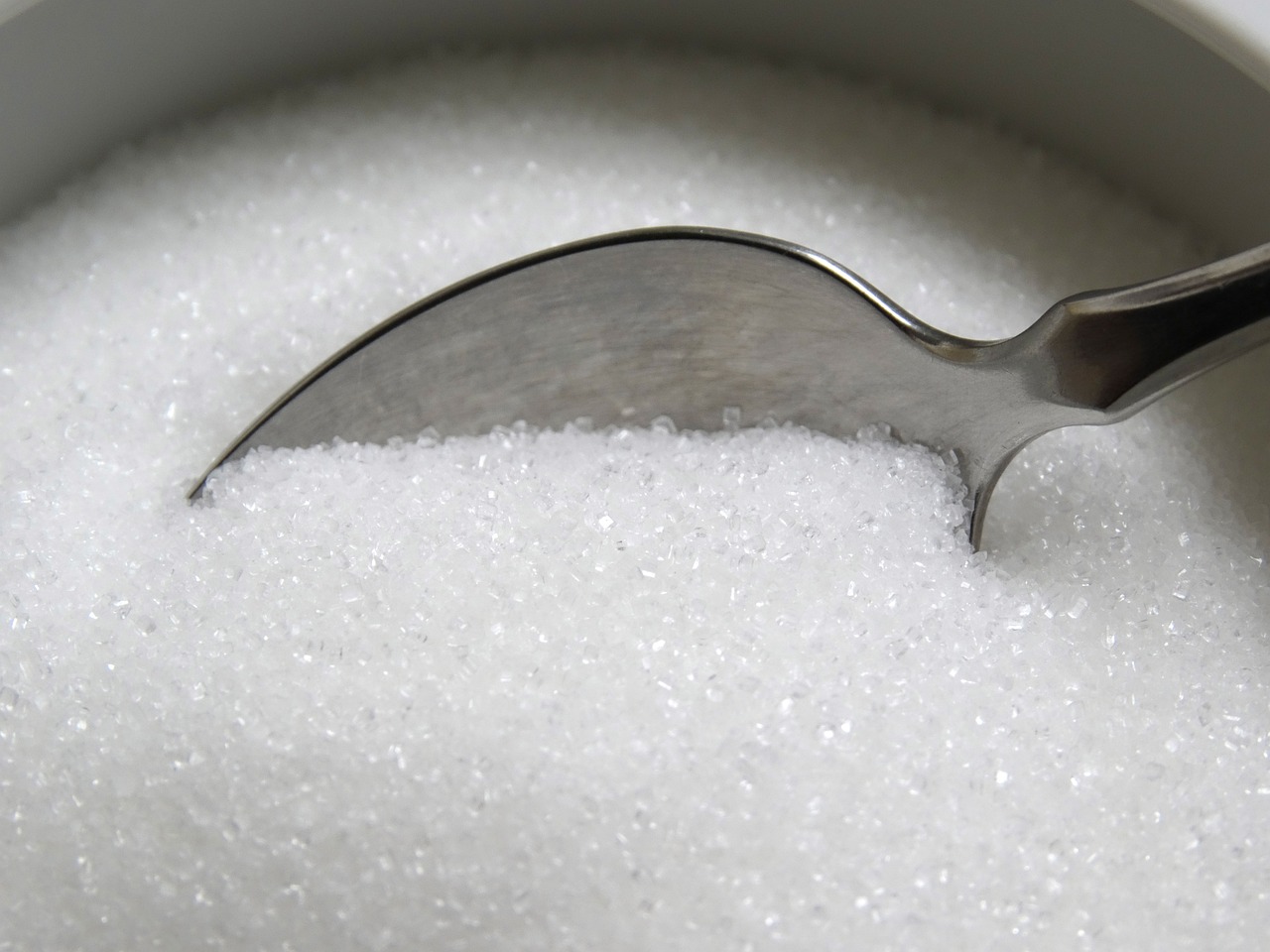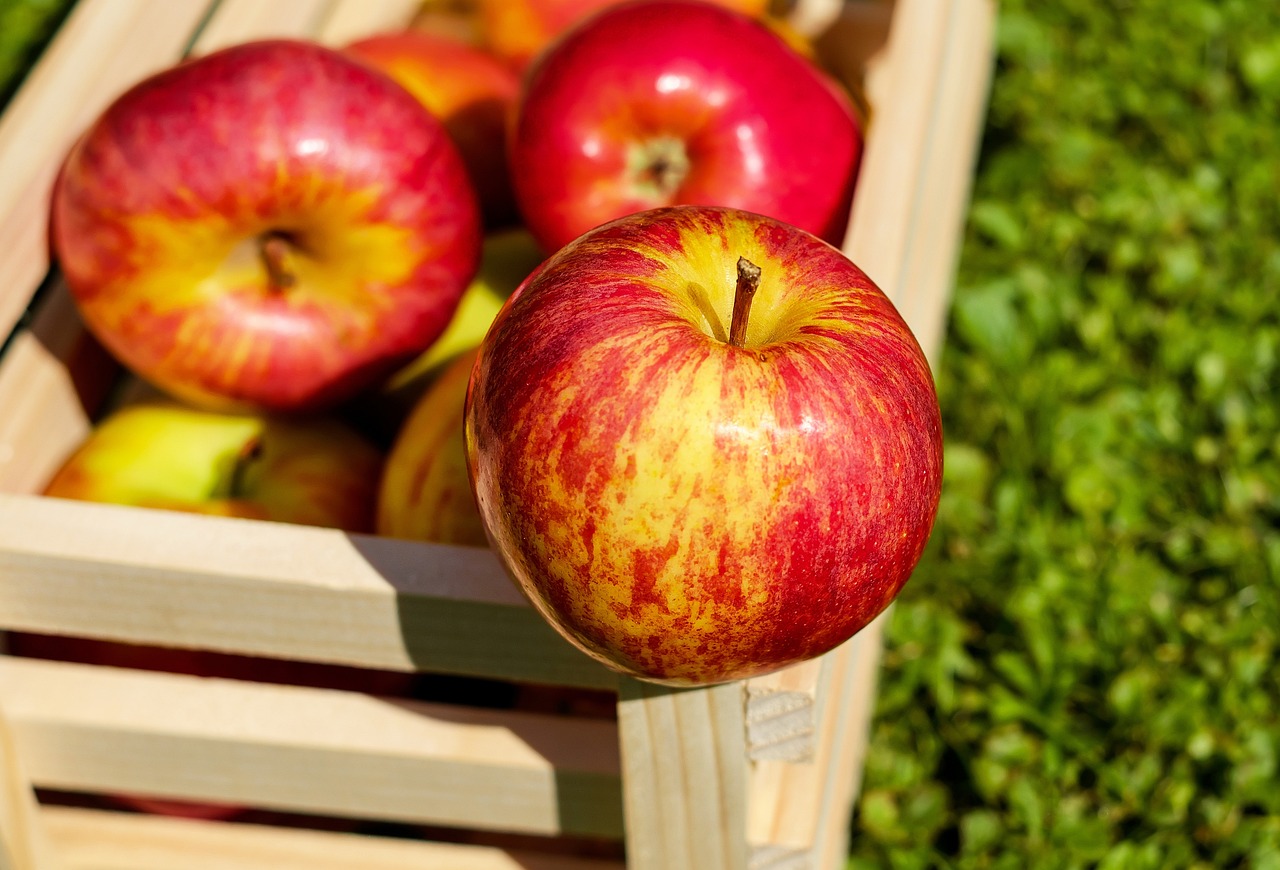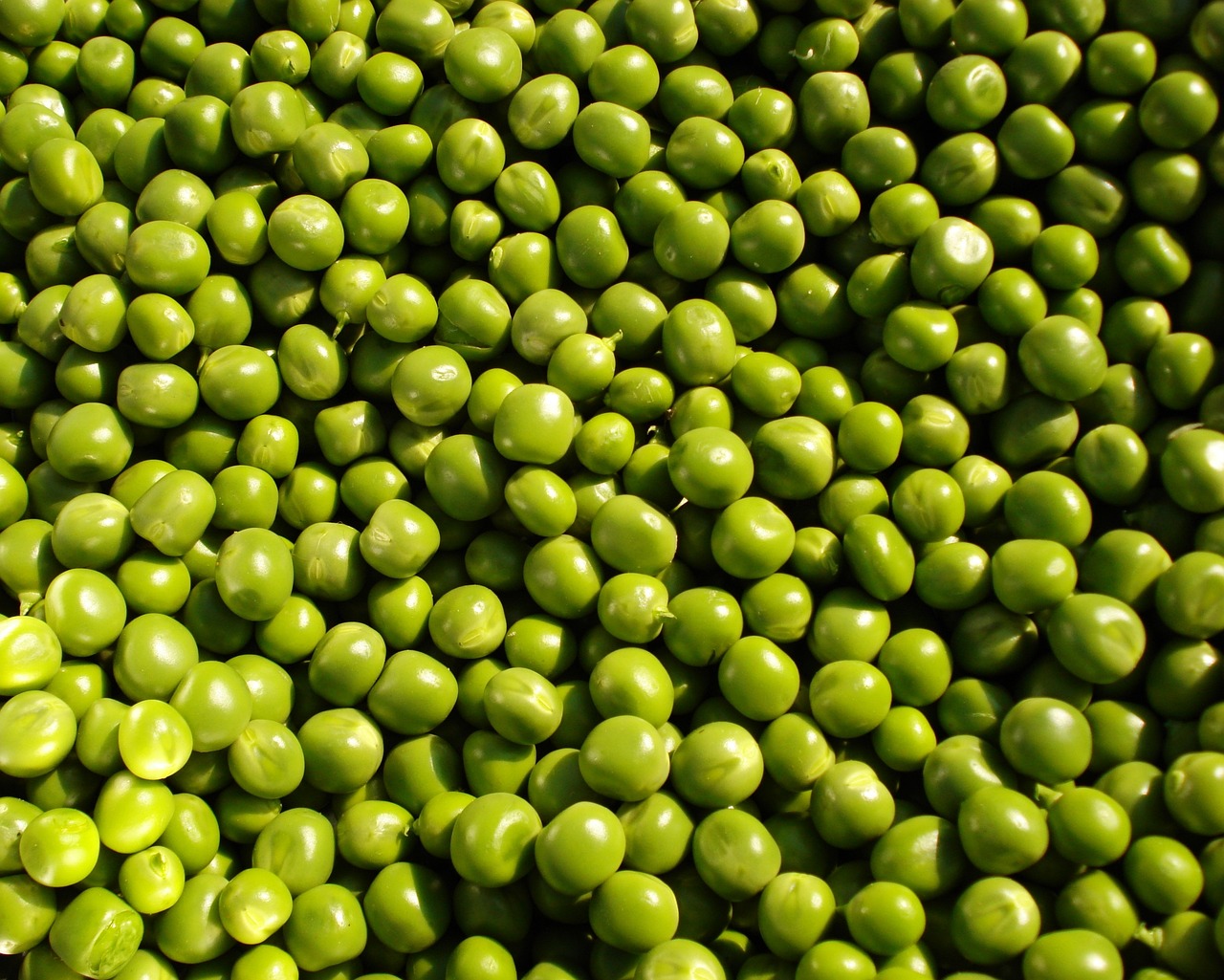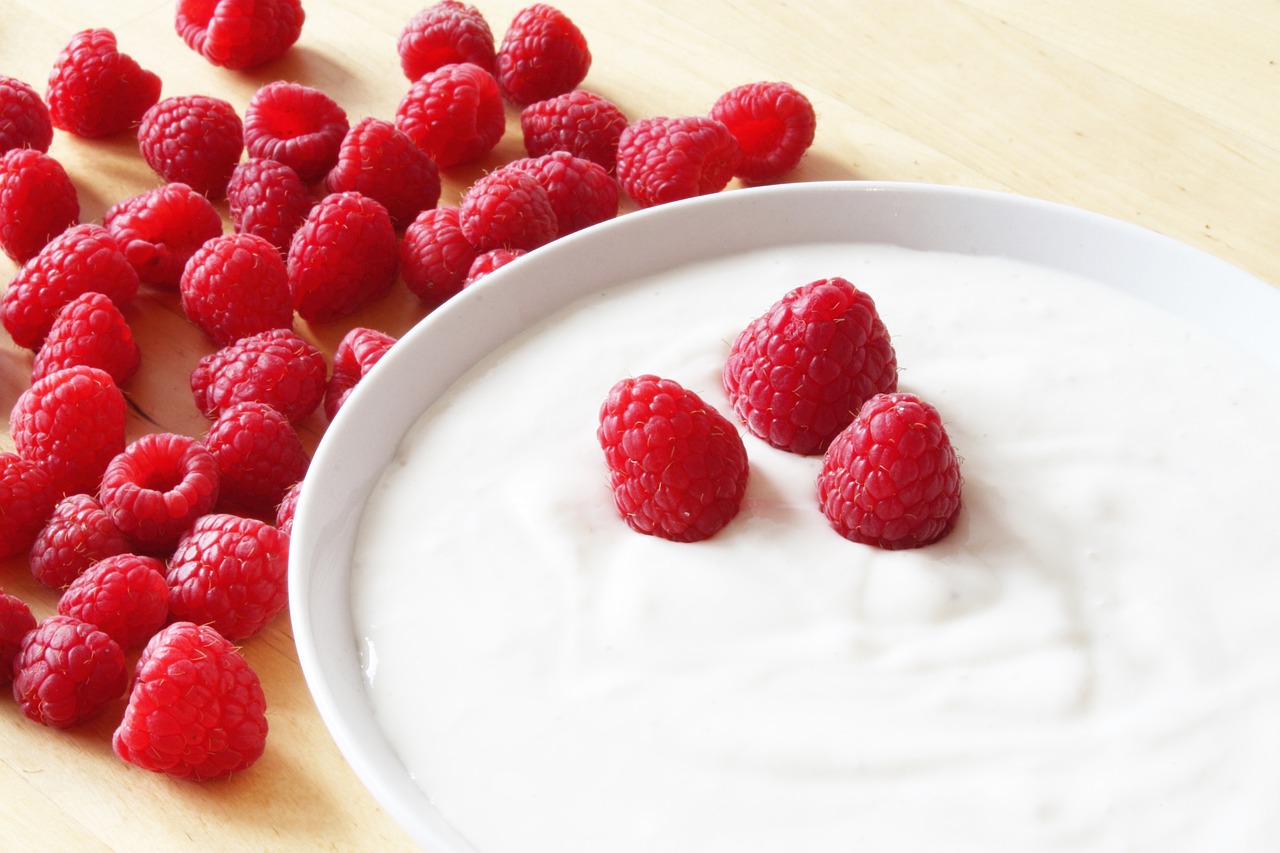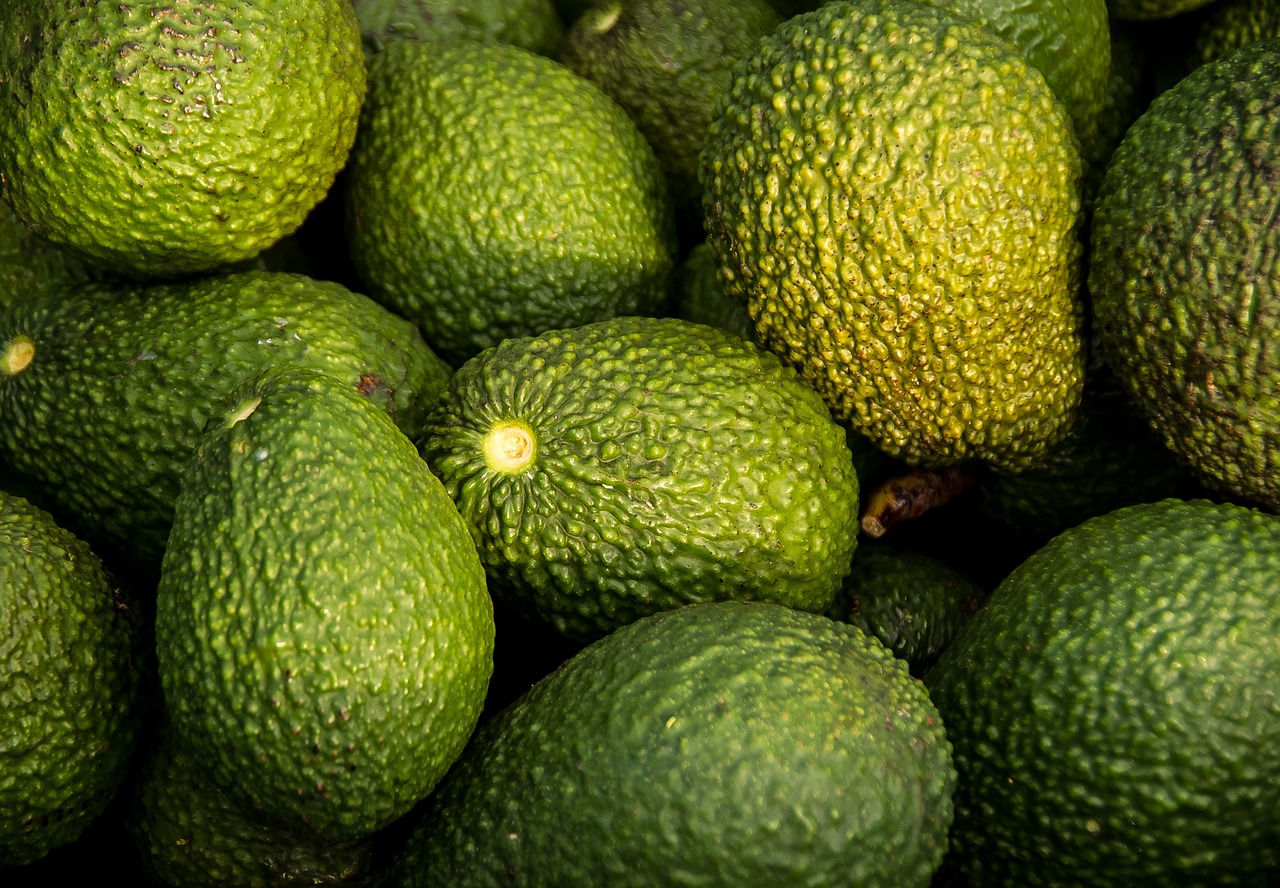15 Foods That Are Probably Giving You Gas and 15 That Will Help Relieve It
We've all been there: enjoying a meal only to end up feeling bloated and uncomfortable afterward. While it's a common experience, not many of us stop to think about which foods are the culprits behind this gassy dilemma. Surprisingly, some of the most nutritious foods can also be the biggest offenders when it comes to causing gas.
1. Beans
Beans are famous for their musical reputation for a reason. They're packed with fibre and raffinose, a complex sugar that the body struggles to digest. When bacteria in the colon finally break down raffinose, gas is produced as a byproduct, leading to the infamous discomfort.
2. Dairy Products
For those who are lactose intolerant, dairy products can be a fast track to bloating and gas pains. The body lacks enough lactase enzyme to break down lactose, the sugar found in milk and other dairy products. This results in fermentation in the gut, producing that all-too-familiar bloated feeling.
 Image by patrick gantz from Pixabay
Image by patrick gantz from Pixabay
3. Whole Grains
Whole grains, such as wheat and barley, are rich in fibre, raffinose, and fructans—all of which can ferment in the large intestine. This fermentation process produces gas, leading to discomfort for many. Despite their health benefits, moderation is key with these nutrient-packed staples.
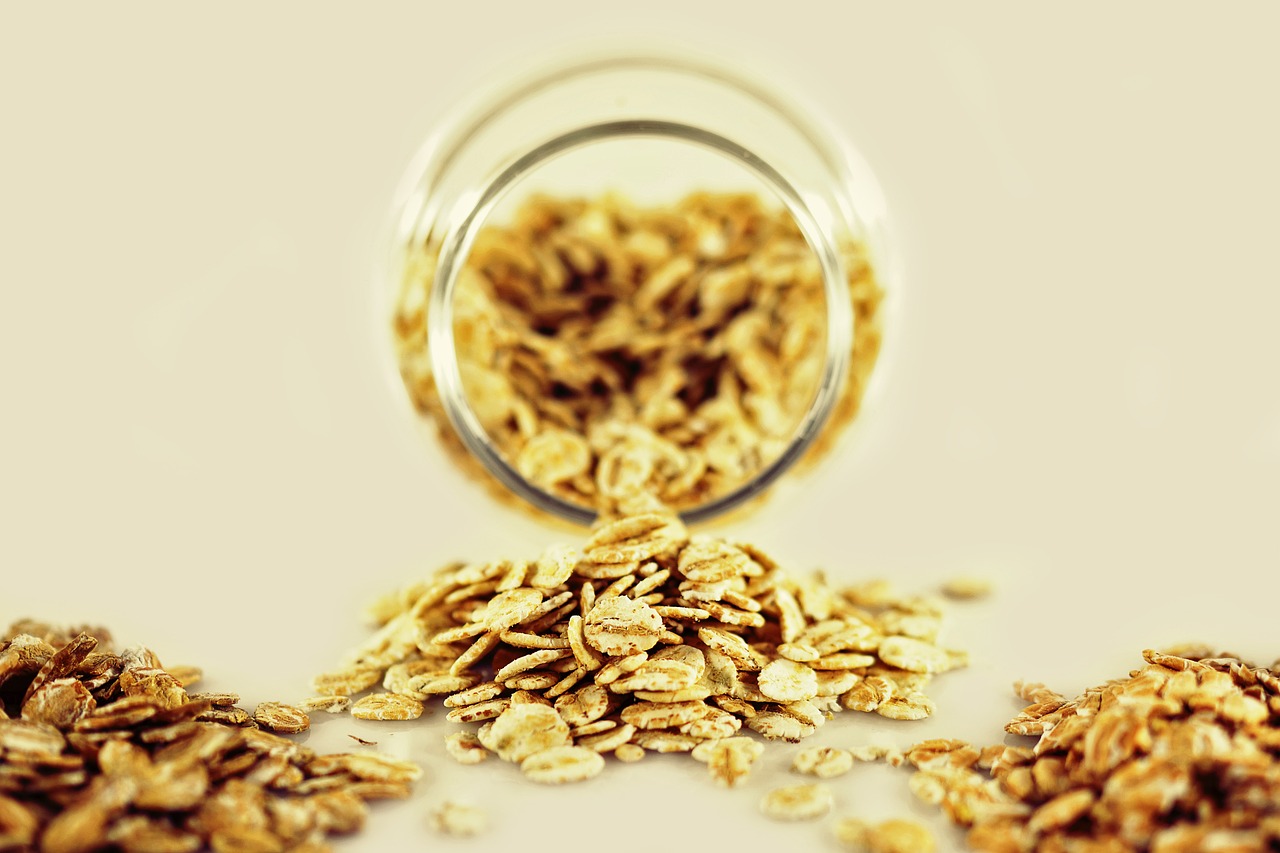 Image by Angelica Vaihel from Pixabay
Image by Angelica Vaihel from Pixabay
4. Onions
Onions add flavour to any dish but can also add discomfort in the form of gas. They contain fructans, which, like other complex sugars, can lead to bloating and gas when they're broken down in the gut. For those sensitive to fructans, cooking onions may help make them easier to digest.
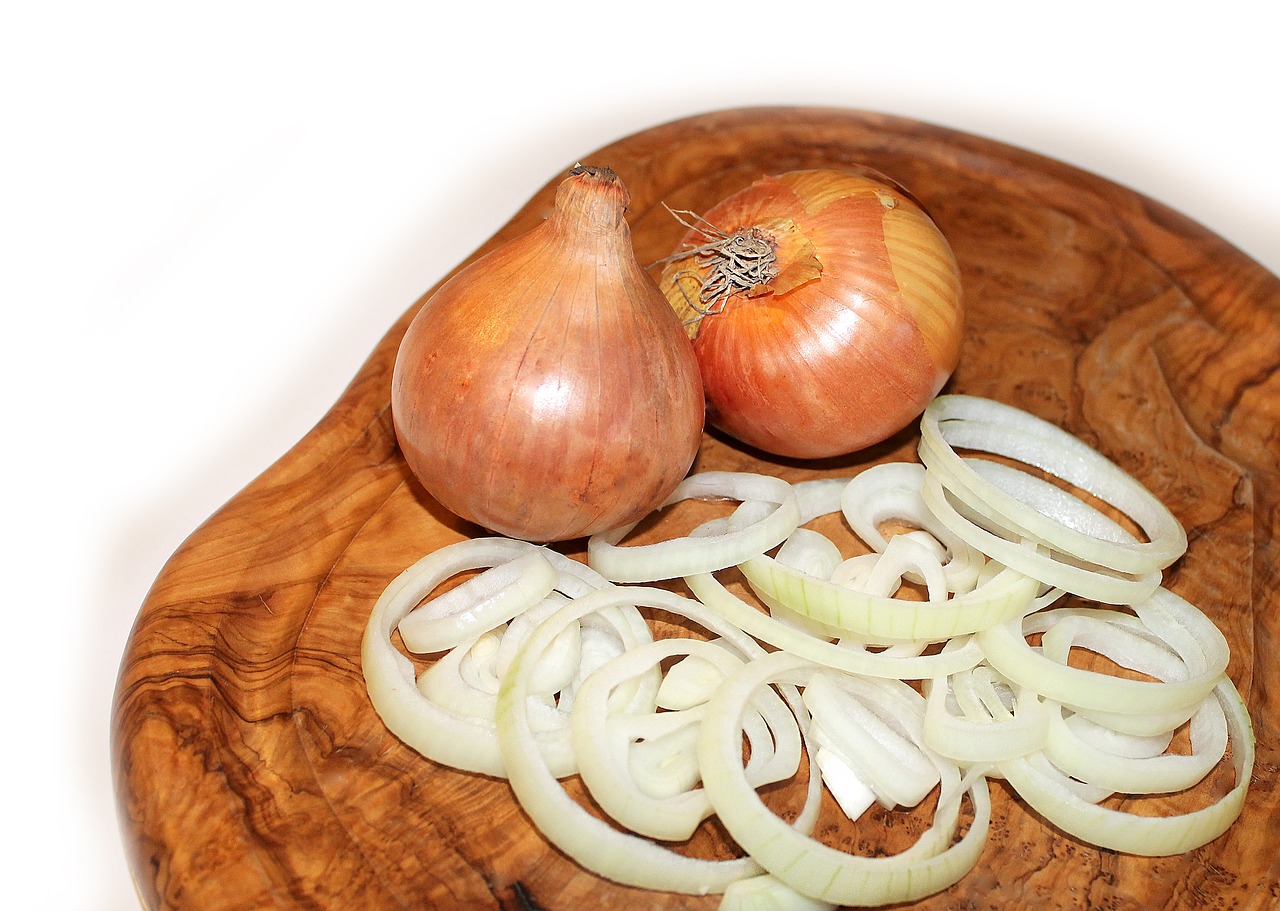 Image by tove erbs from Pixabay
Image by tove erbs from Pixabay
5. Garlic
Garlic, much like onions, contains fructans that can cause bloating and gas in sensitive individuals. Its potent flavour comes with a side of digestive challenges for some. Using garlic-infused oils can be a good alternative for those looking to avoid the gassy side effects.
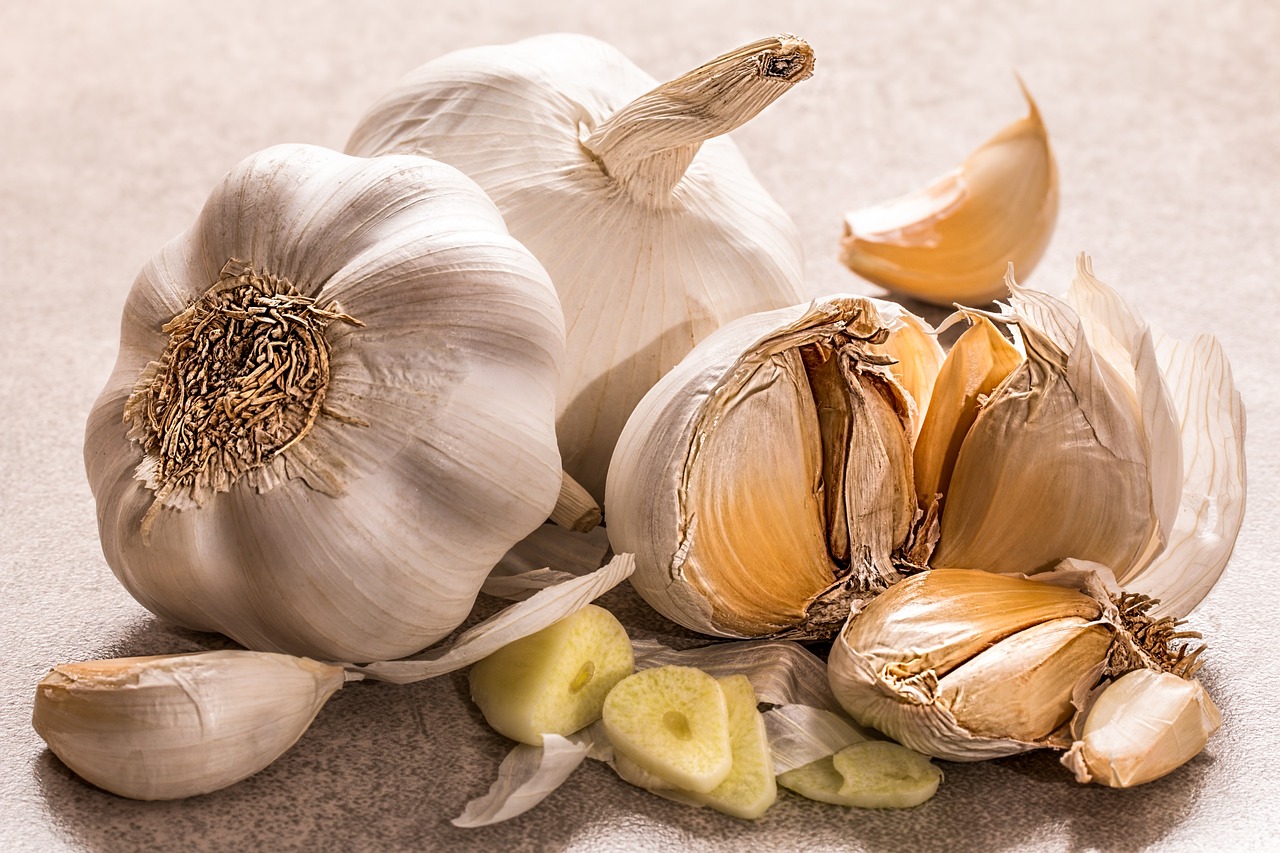 Image by Steve Buissinne from Pixabay
Image by Steve Buissinne from Pixabay
6. Carbonated Beverages
The fizz in your favorite soda or sparkling water comes from carbon dioxide, a gas. Drinking these beverages can lead to swallowing large amounts of this gas, some of which can get trapped in the digestive system, causing bloating and belching.
 Image by Manfred Richter from Pixabay
Image by Manfred Richter from Pixabay
7. Cruciferous Vegetables
Broccoli, cauliflower, and Brussels sprouts are high in fiber and raffinose. While they're incredibly healthy, their complex sugars can be difficult to digest, leading to gas and bloating. Cooking these vegetables can help break down some of the fibers and make them easier on the gut.
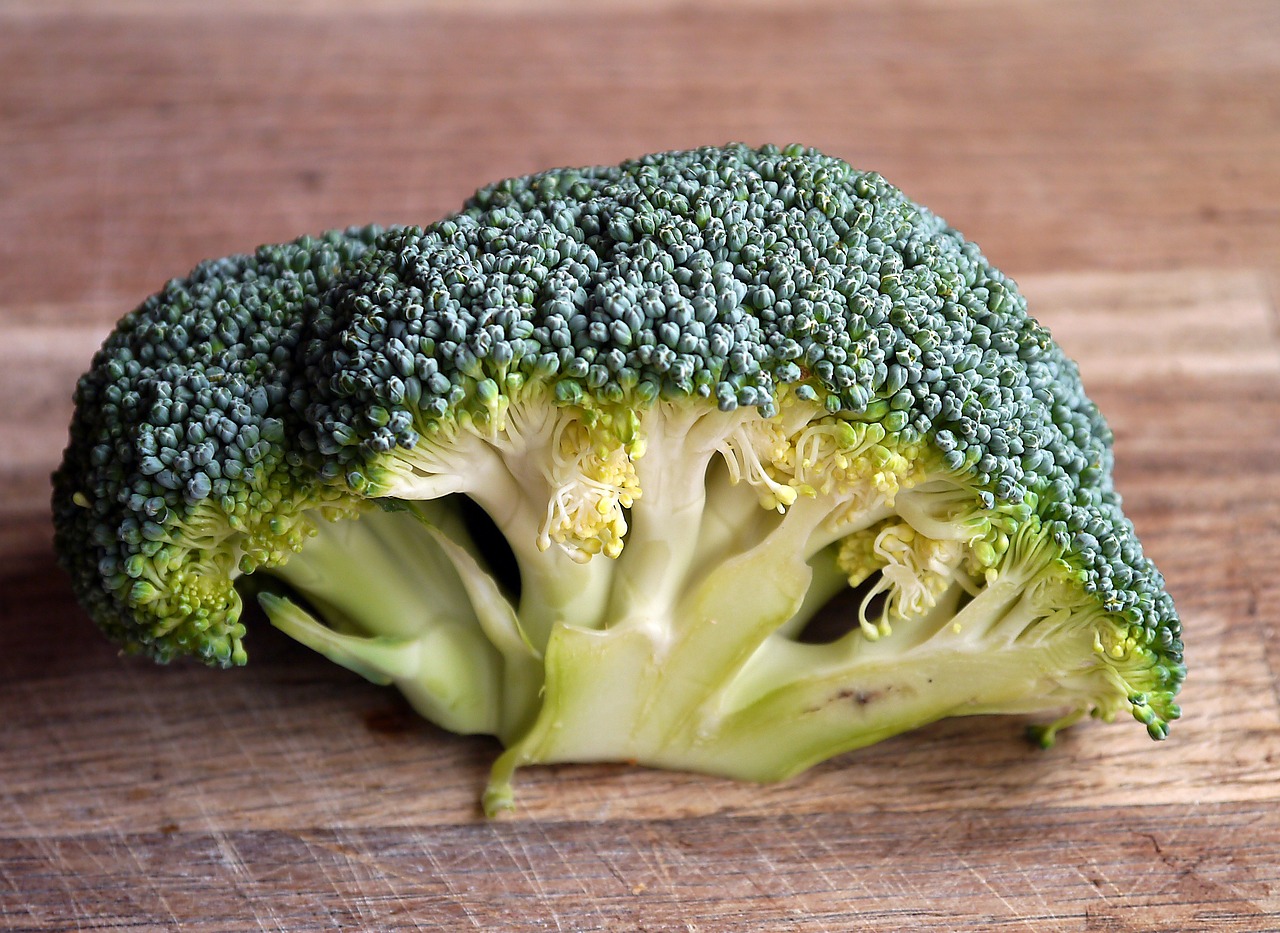 Image by ImageParty from Pixabay
Image by ImageParty from Pixabay
8. Artificial Sweeteners
Sugar alcohols found in artificial sweeteners like sorbitol, mannitol, and xylitol are notorious for causing digestive issues, including gas and bloating. These compounds are not fully absorbed by the body and ferment in the large intestine, leading to discomfort.
9. Lentils
Similar to beans, lentils are fiber-rich and contain high levels of raffinose. They're a great source of protein and nutrients but can also lead to gas production during digestion. Soaking lentils before cooking them can help reduce their gassiness.
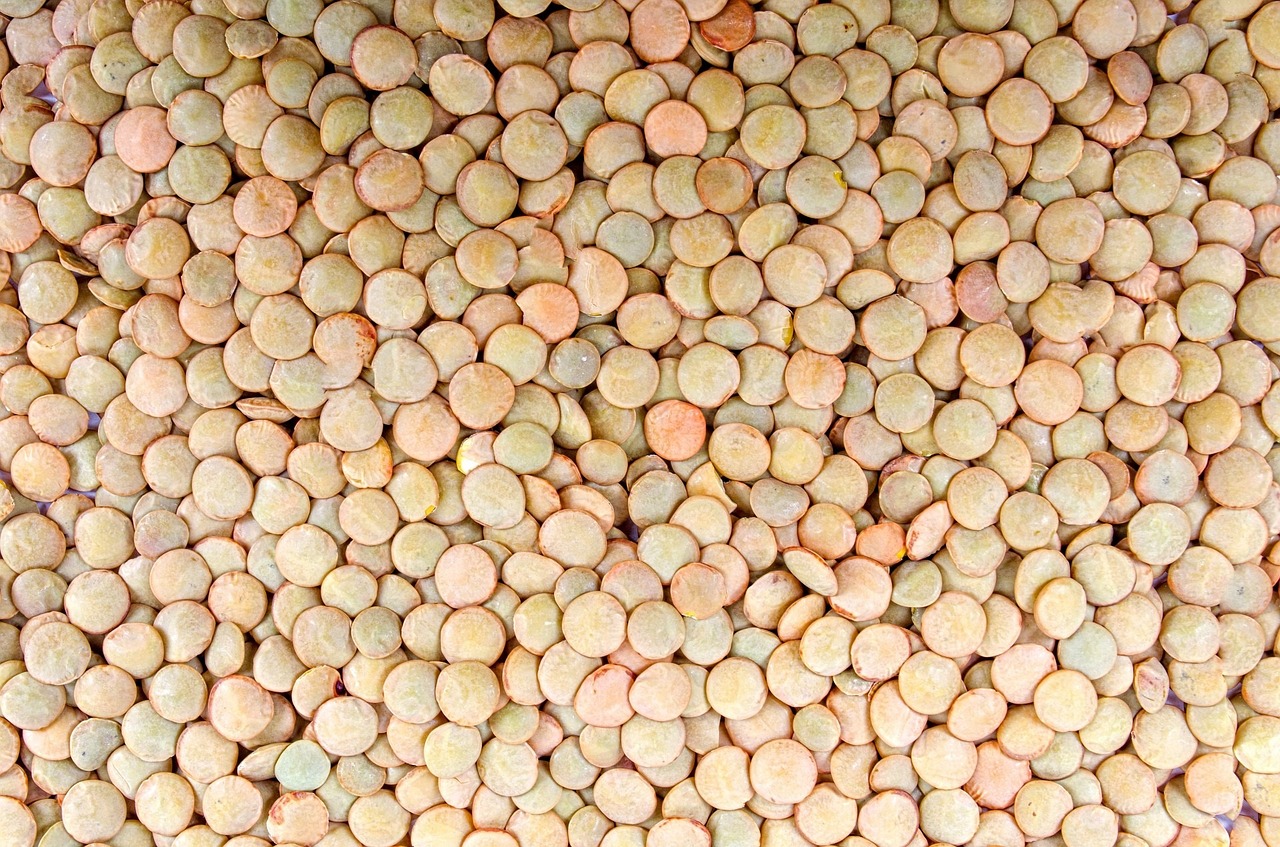 Image by PublicDomainPictures from Pixabay
Image by PublicDomainPictures from Pixabay
10. Apples
Apples are a great source of vitamins, fiber, and water, but they also contain fructose, a natural sugar that can cause gas in people who have difficulty absorbing it. Cooking apples can help break down some of the fibers, making them easier to digest.
11. Peas
Green peas are another vegetable that's high in fiber and can contribute to gas. They contain both soluble and insoluble fiber, which can increase bulk in stool and produce gas as a byproduct during digestion. Enjoying them in moderation can help minimize effects.
12. Mushrooms
Mushrooms contain polysaccharides, complex carbohydrates that can ferment in the gut and produce gas. While they're a flavourful addition to any meal, they can cause digestive discomfort for some people. Cooking mushrooms thoroughly may aid in digestion.
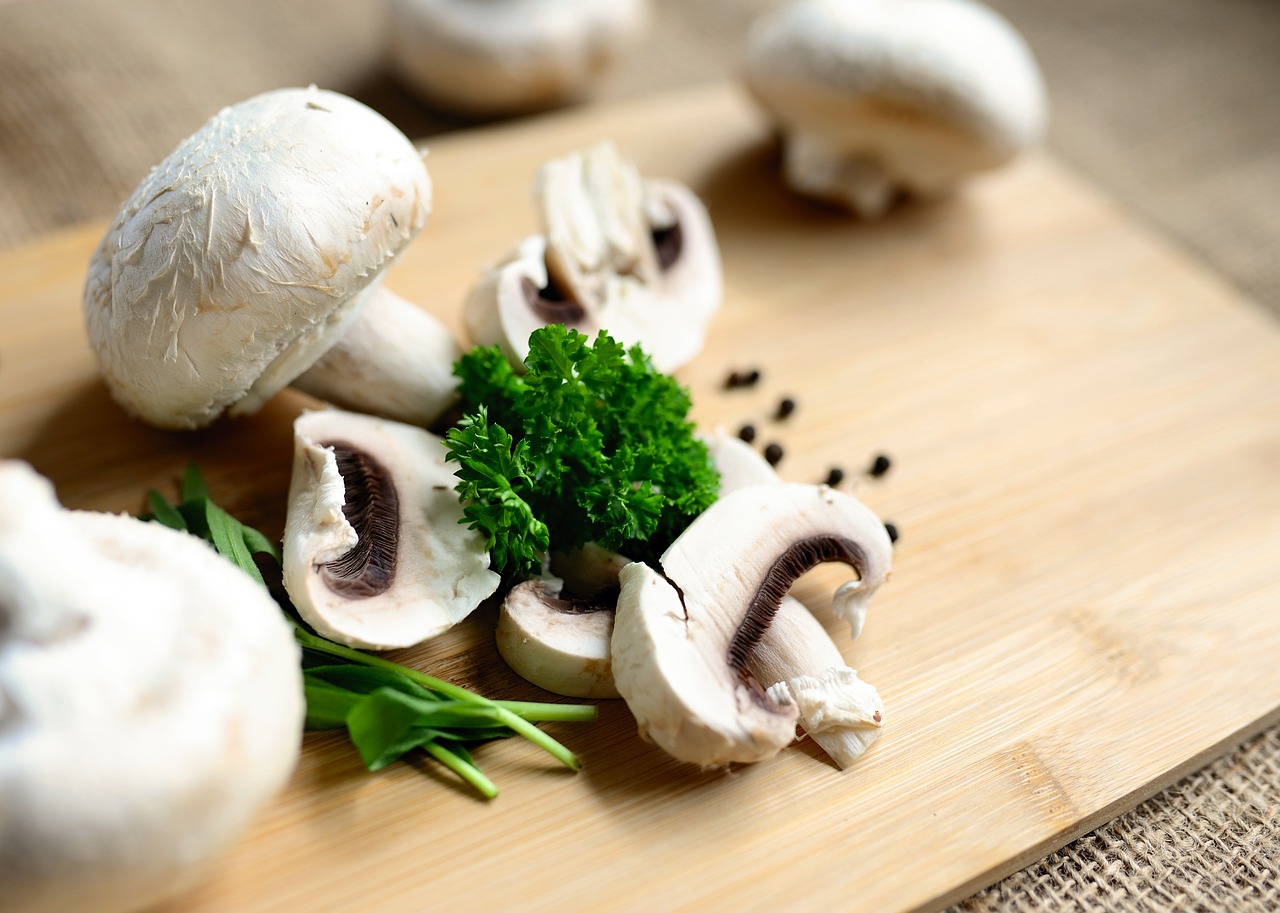 Image by congerdesign from Pixabay
Image by congerdesign from Pixabay
13. Fried Foods
Fried foods are not only hard on your heart but also your digestive system. They're high in fat, which can slow down the stomach's emptying process, leading to bloating and a sense of discomfort. Eating them in moderation can help keep gas at bay.
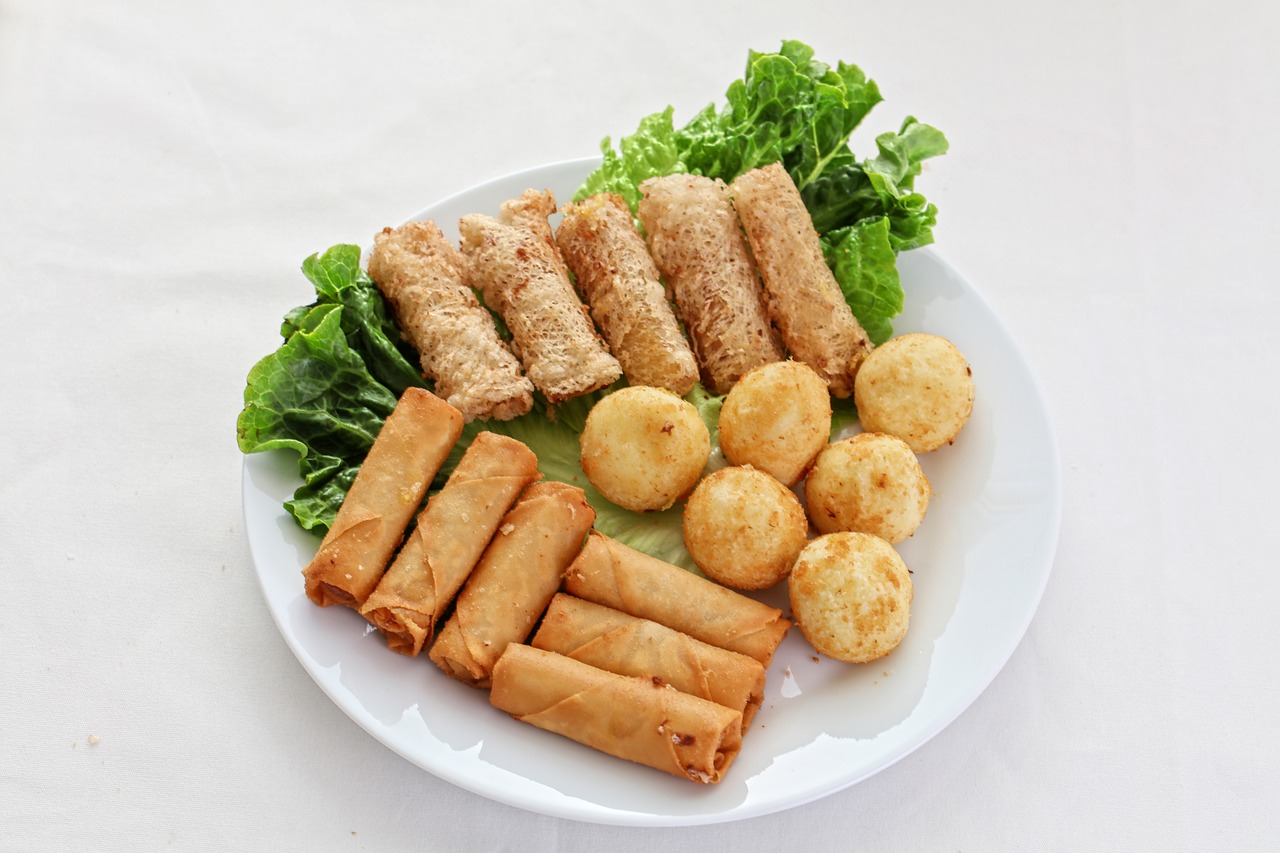 Image by Jiang He from Pixabay
Image by Jiang He from Pixabay
14. Chewing Gum
Chewing gum can lead to swallowing air, which can increase the amount of gas in the digestive system. Additionally, sugar alcohols in sugar-free gums can contribute to bloating and gas. Opting for a mint instead might be a better option for those sensitive to these effects.
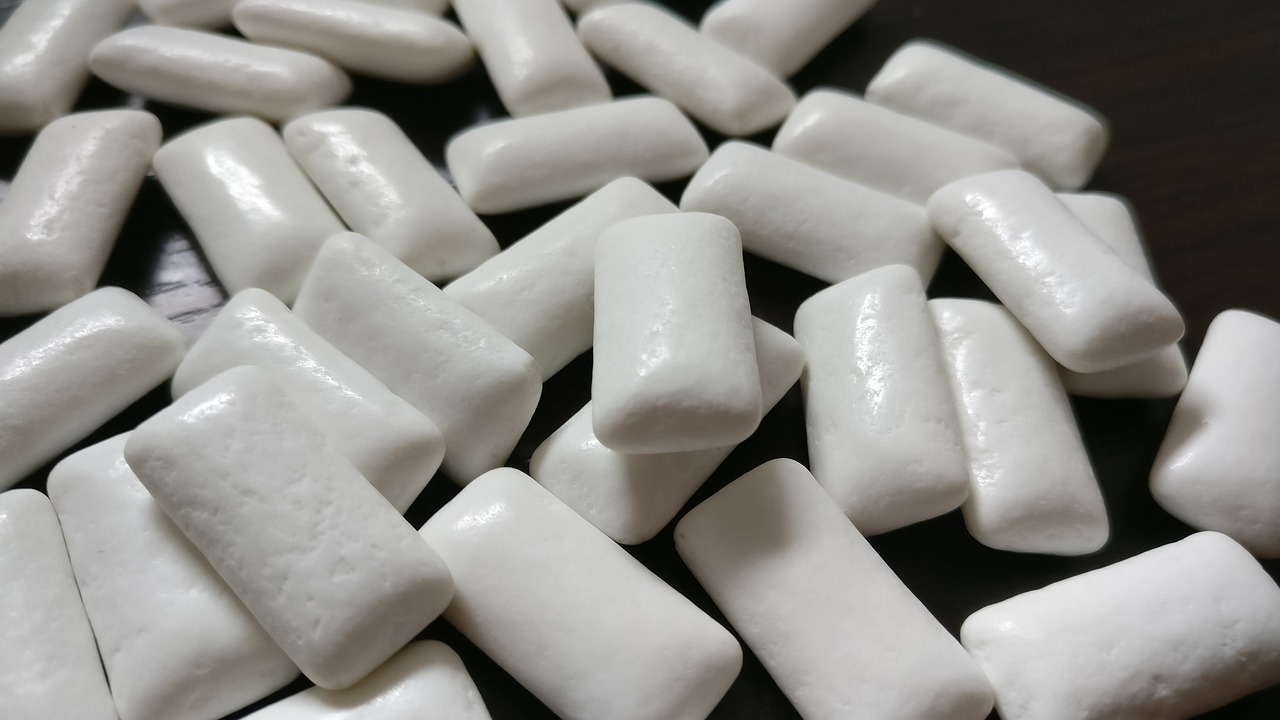 Image by davidgaigg from Pixabay
Image by davidgaigg from Pixabay
15. Peppers
Peppers, while packed with vitamins and antioxidants, can also cause gas and bloating in some people. They contain soluble fiber and capsaicin, which can irritate the digestive tract in sensitive individuals. Cooking peppers well and eating them in moderation can help reduce their gassy effects.
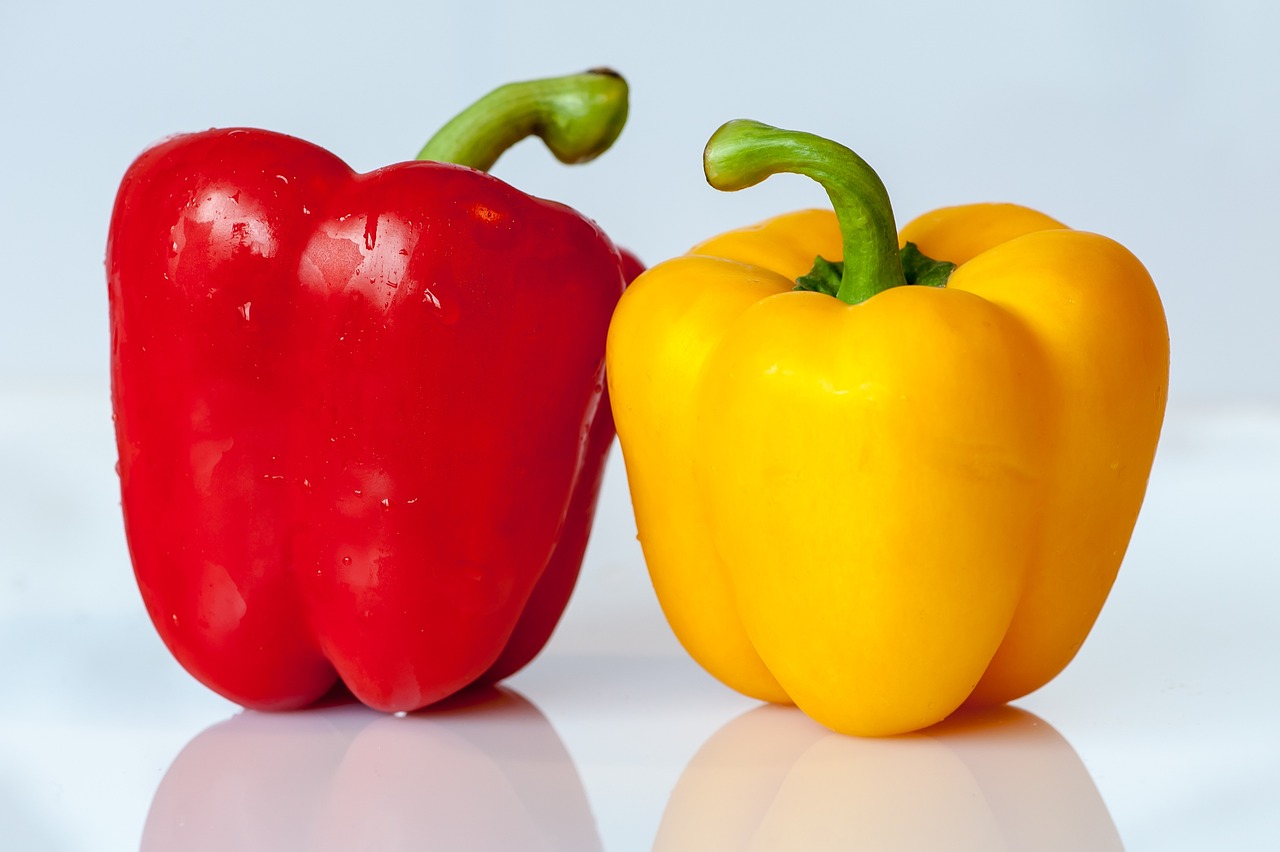 Image by Nicole Köhler from Pixabay
Image by Nicole Köhler from Pixabay
Experiencing gas and bloating can be uncomfortable, not to mention inconvenient, but fortunately, certain foods can help alleviate these symptoms rather than worsen them. Whether it's through aiding digestion, promoting good gut bacteria, or reducing inflammation, integrating these foods into your diet could help keep your digestive system running smoothly.
1. Ginger
Ginger is a powerhouse when it comes to soothing the digestive system. Its natural anti-inflammatory properties help relax the gastrointestinal muscles, preventing gas and bloating. A small piece of ginger tea can provide quick relief from gas pains.
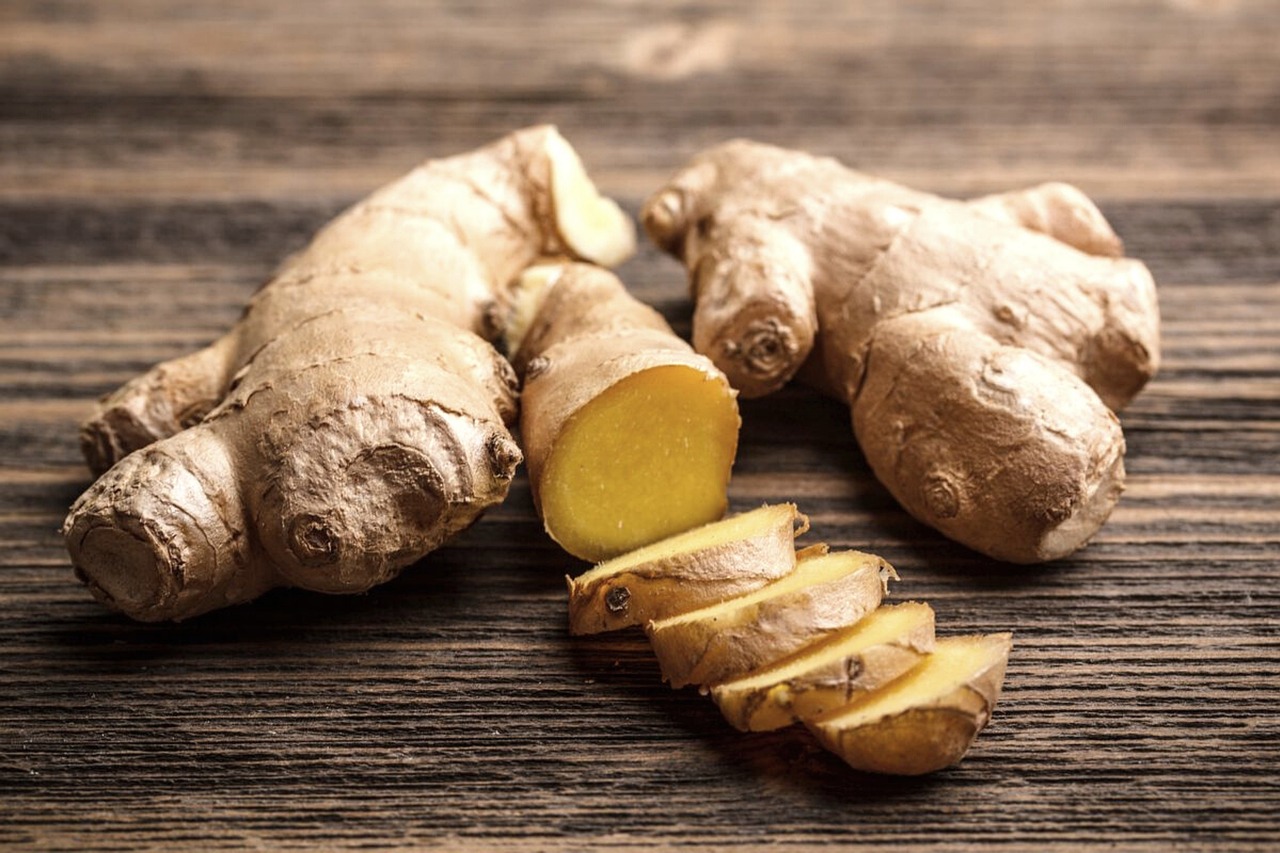 Image by Joseph Mucira from Pixabay
Image by Joseph Mucira from Pixabay
2. Peppermint
Peppermint has a long history of being used for digestive issues. Its menthol content helps relax the digestive tract muscles, which can relieve gas pains and reduce bloating. Sipping on peppermint tea is a comforting way to enjoy its benefits.
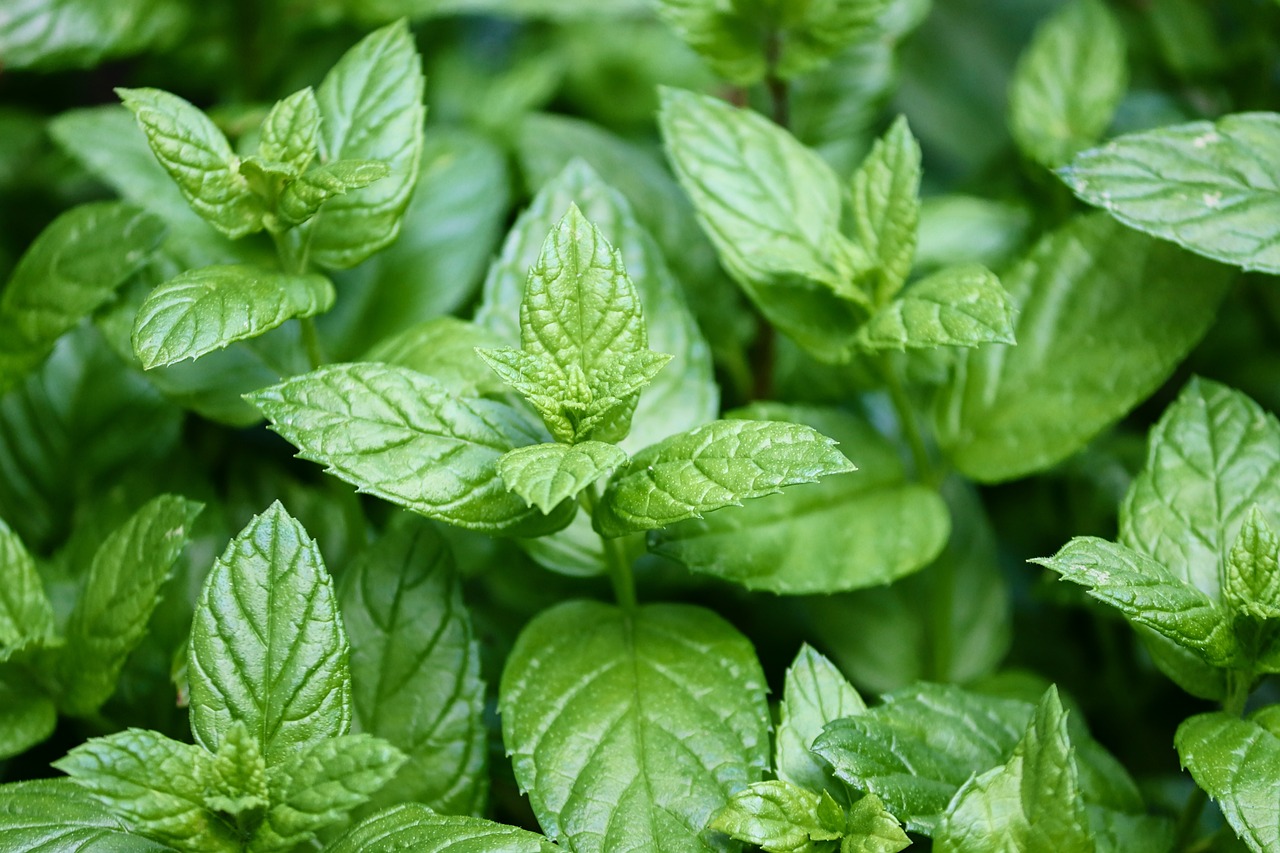 Image by Manfred Richter from Pixabay
Image by Manfred Richter from Pixabay
3. Yogurt
Yogurt with live probiotics is great for gut health. The beneficial bacteria in yogurt can help balance the gut microbiome, aiding in digestion and reducing the occurrence of gas. Opt for plain, unsweetened yogurt to avoid added sugars that could contribute to bloating.
4. Fennel
Fennel seeds are fantastic for digestion and can help reduce gas. They contain compounds that relax the muscles in the gastrointestinal tract, allowing trapped gas to pass more easily. Chewing on a few fennel seeds after a meal can be particularly effective.
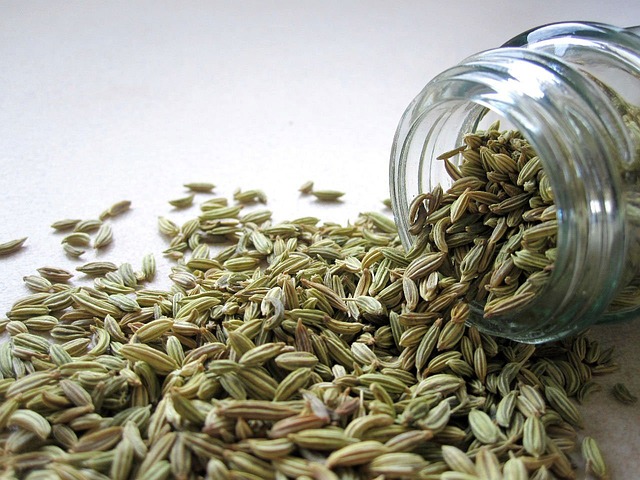 Image by PublicDomainPictures from Pixabay
Image by PublicDomainPictures from Pixabay
5. Bananas
Bananas are rich in potassium, a mineral that can help reduce water retention and bloating. Their soluble fiber can also help prevent constipation by regulating digestion. Including bananas in your diet can be a sweet way to keep your stomach happy.
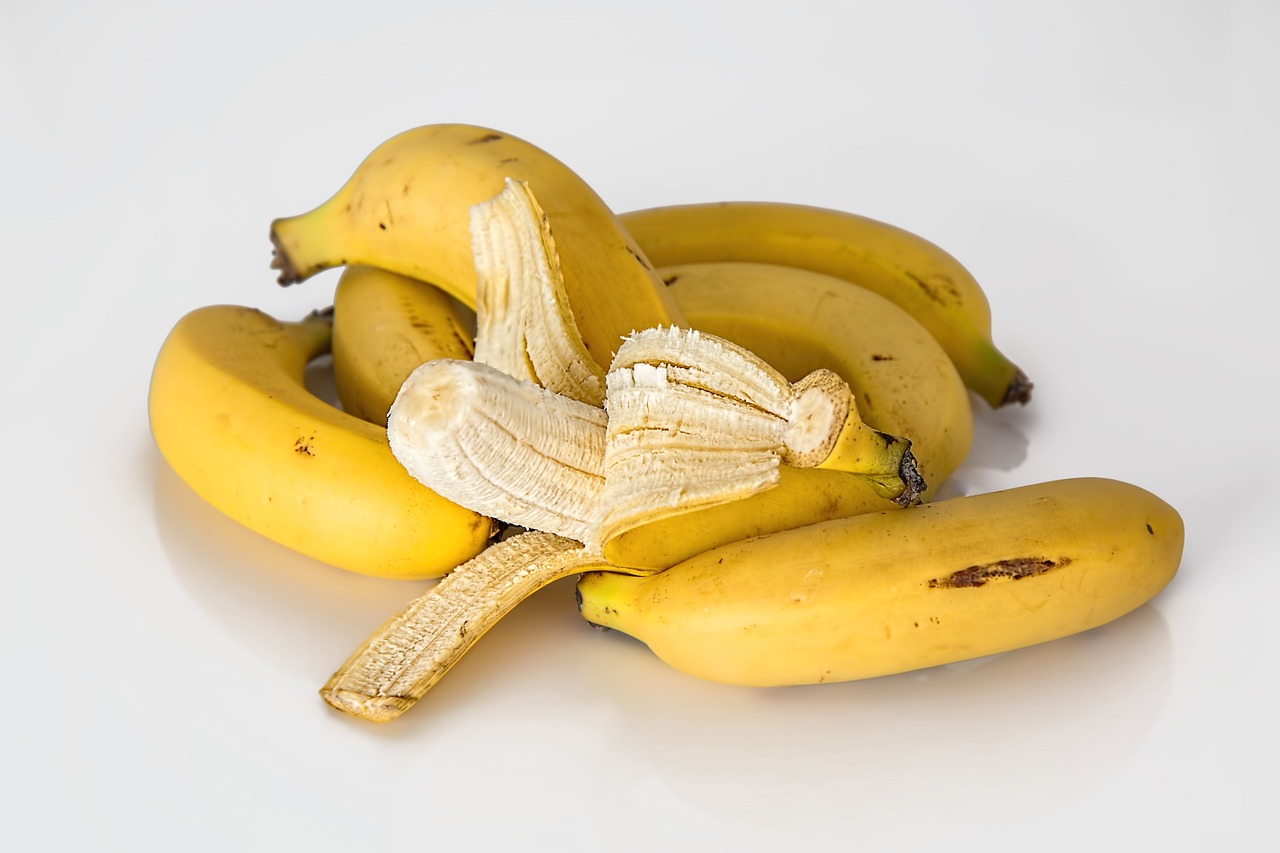 Image by Steve Buissinne from Pixabay
Image by Steve Buissinne from Pixabay
6. Cucumber
Cucumbers are high in water and low in fiber, making them easy on the digestive system. Their hydrating properties can help flush out toxins and reduce bloating. Adding cucumber slices to your water or salad can provide a refreshing relief.
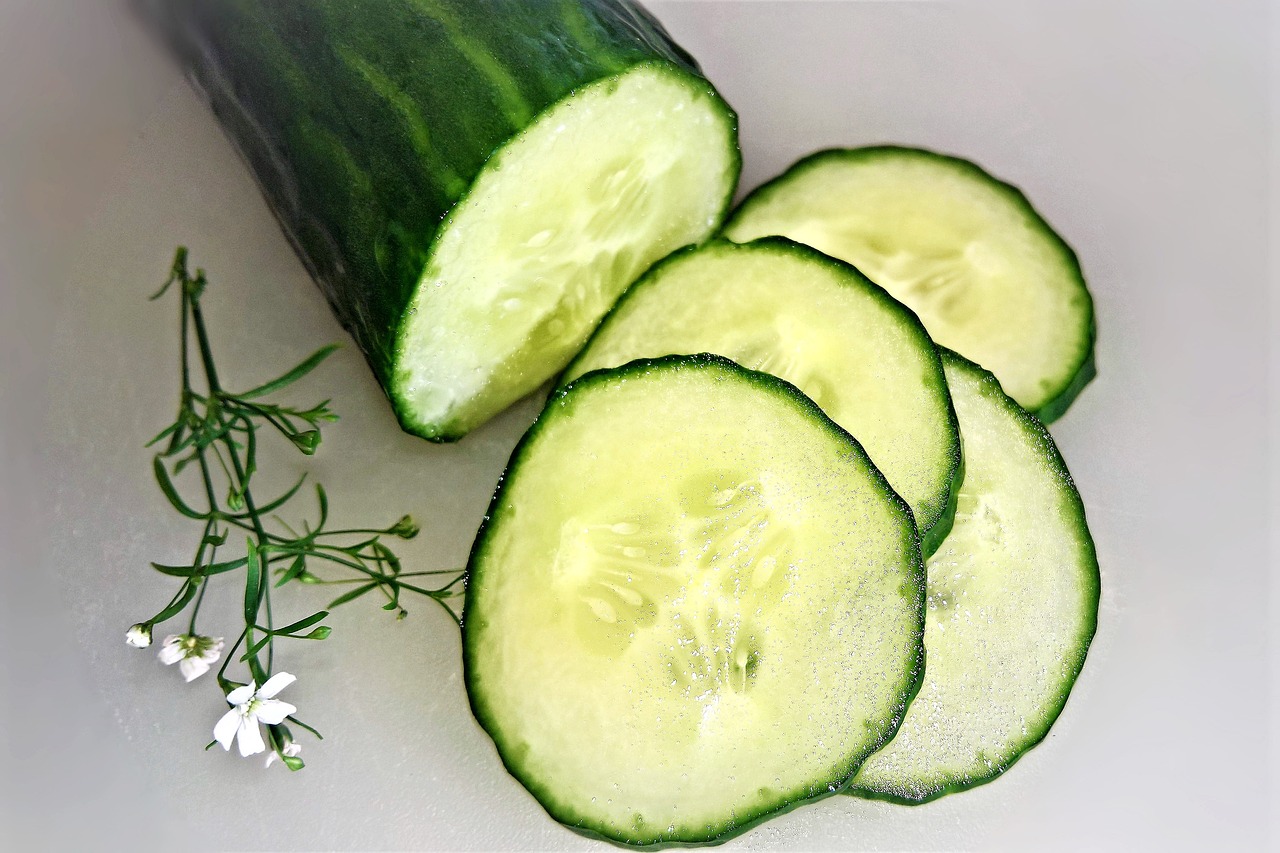 Image by ❤ Monika 💚 💚 Schröder ❤ from Pixabay
Image by ❤ Monika 💚 💚 Schröder ❤ from Pixabay
7. Papaya
Papaya contains an enzyme called papain, which aids in the digestion of proteins and can help reduce gas production. Eating a small serving of papaya can not only ease digestion but also provide a tropical treat.
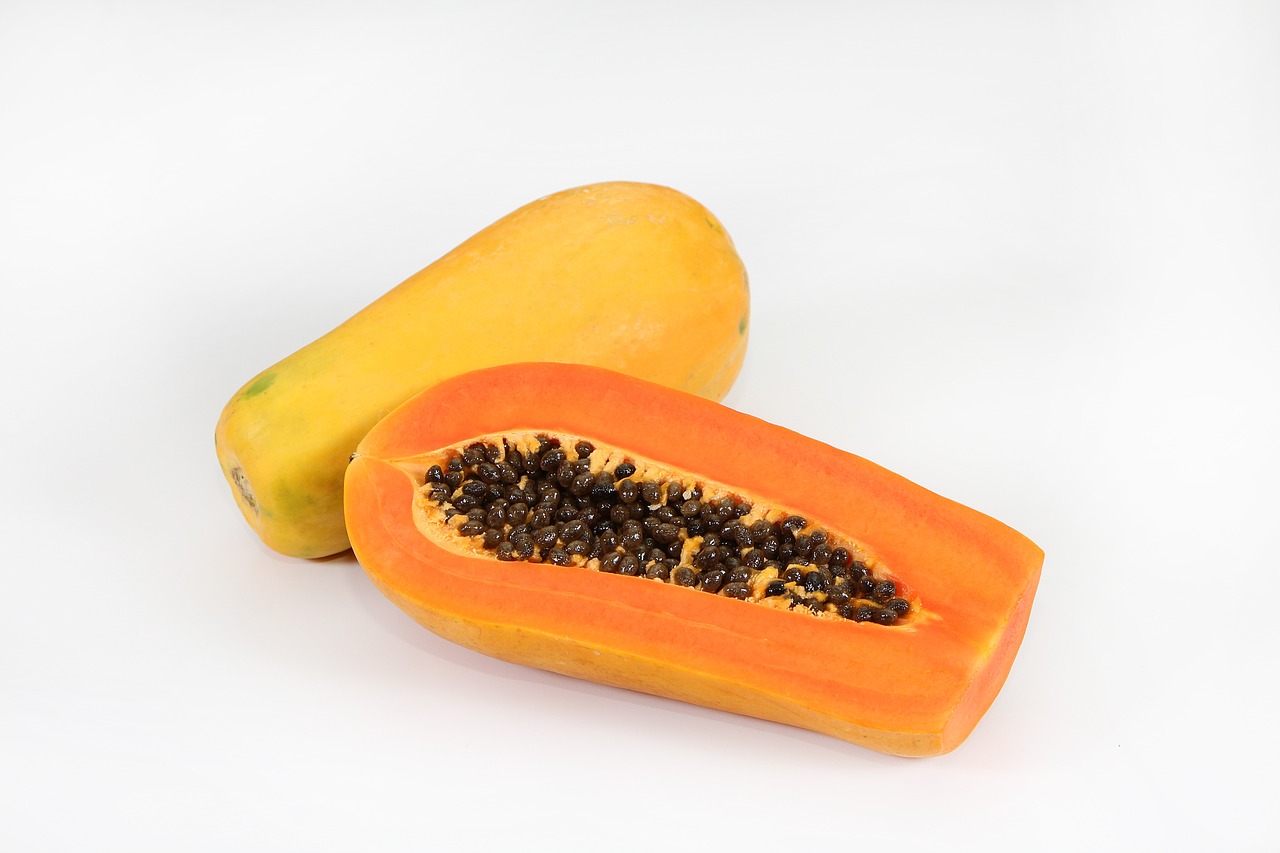 Image by Varintorn Kantawong from Pixabay
Image by Varintorn Kantawong from Pixabay
8. Pineapple
Pineapple is another fruit that boasts a digestive enzyme, bromelain, which helps in breaking down proteins and easing digestion. Enjoying a slice of pineapple as a snack or dessert can help keep gas at bay.
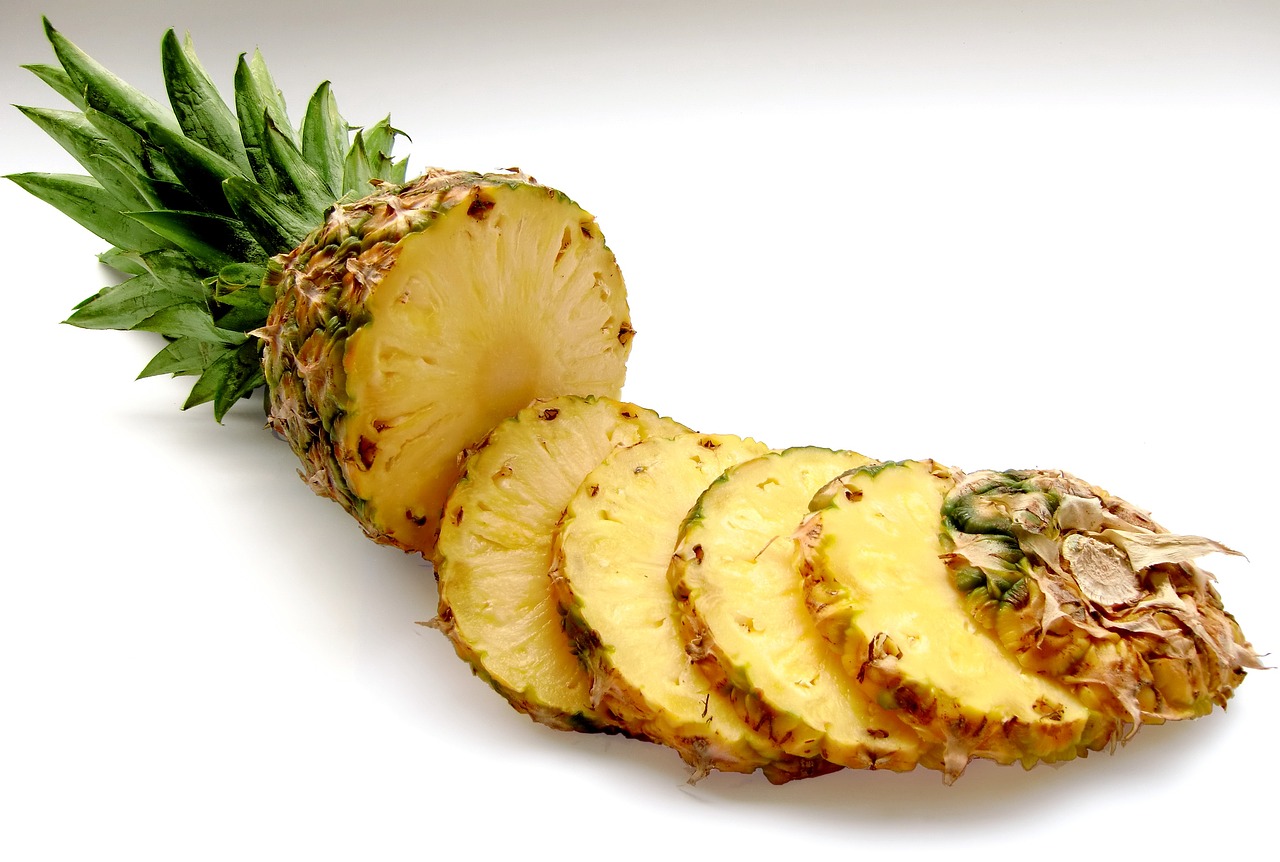 Image by Security from Pixabay
Image by Security from Pixabay
9. Zucchini
Zucchini is gentle on the stomach, thanks to its high water content and low fiber. It's an excellent vegetable for reducing gas and bloating. Grating or spiralizing zucchini into noodles is a fun and digestive-friendly way to include it in meals.
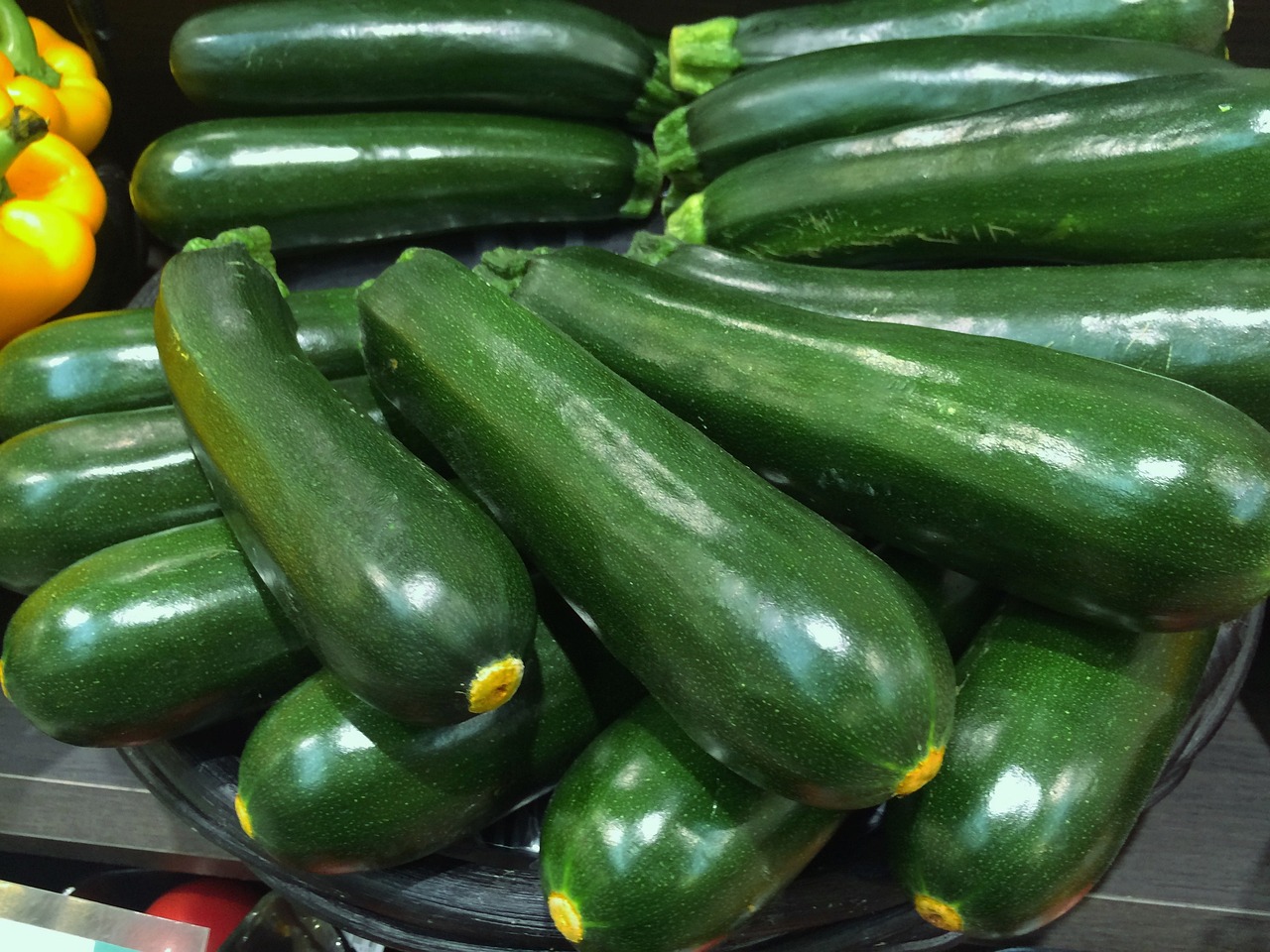 Image by マサコ アーント from Pixabay
Image by マサコ アーント from Pixabay
10. Cantaloupe
Cantaloupe is not only low in calories but also easy to digest, making it a great fruit for those looking to reduce gas. Its high water content helps hydrate the body and ease digestion. Enjoying a bowl of chilled cantaloupe can be both refreshing and soothing.
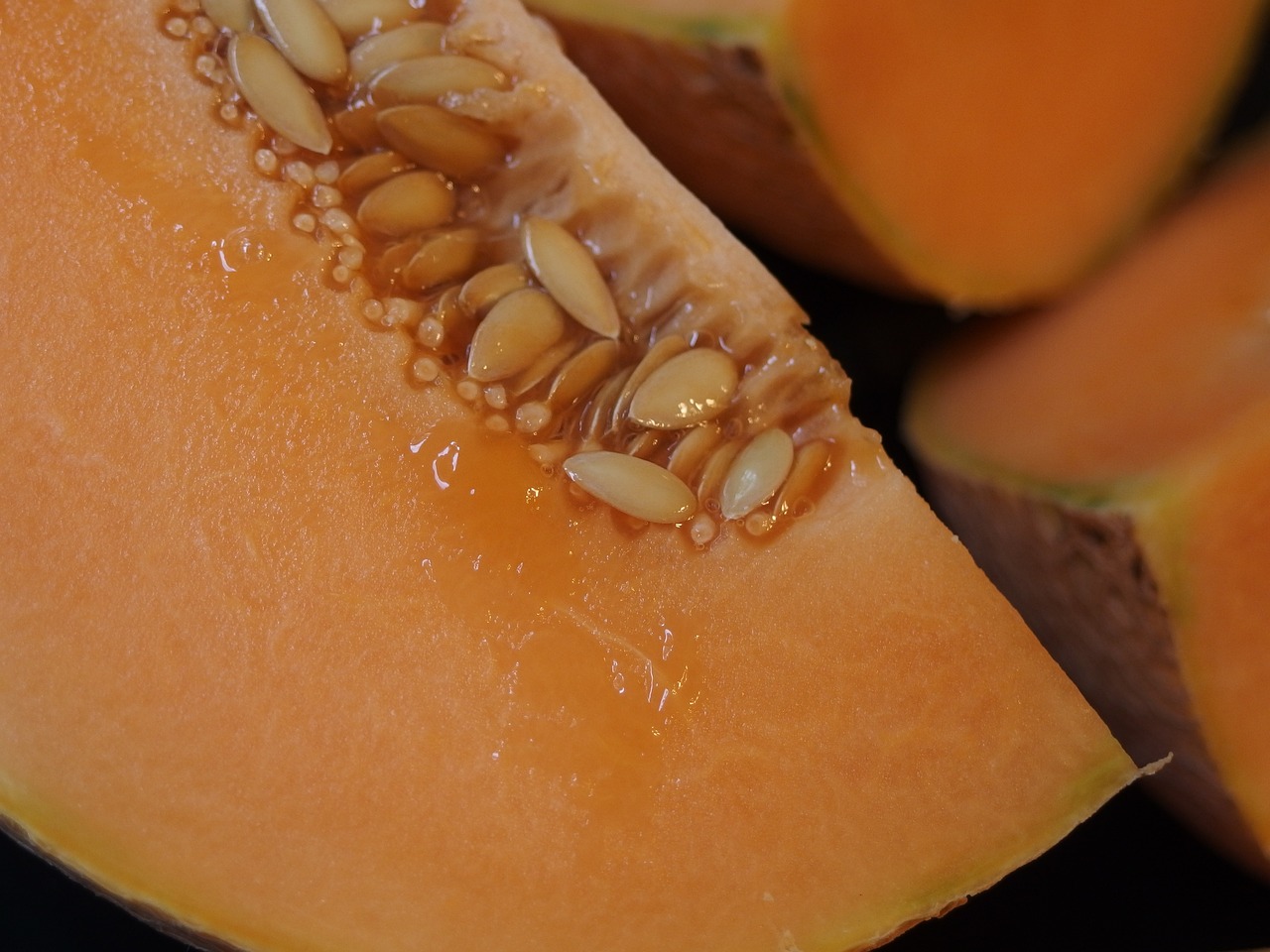 Image by Michelle Martin from Pixabay
Image by Michelle Martin from Pixabay
11. Avocado
Avocado is full of healthy fats and soluble fiber, which can help maintain a healthy gut and prevent constipation. Its creamy texture and nutritional profile make it an ideal food for reducing gas and bloating. Adding avocado to salads or sandwiches can enhance flavor and digestion.
12. Oatmeal
Oatmeal is a comforting, soluble fiber-rich food that can help absorb gas and reduce bloating. Its fibers aid in digestion and keep the gastrointestinal system running smoothly. Starting your day with a bowl of oatmeal can provide lasting relief.
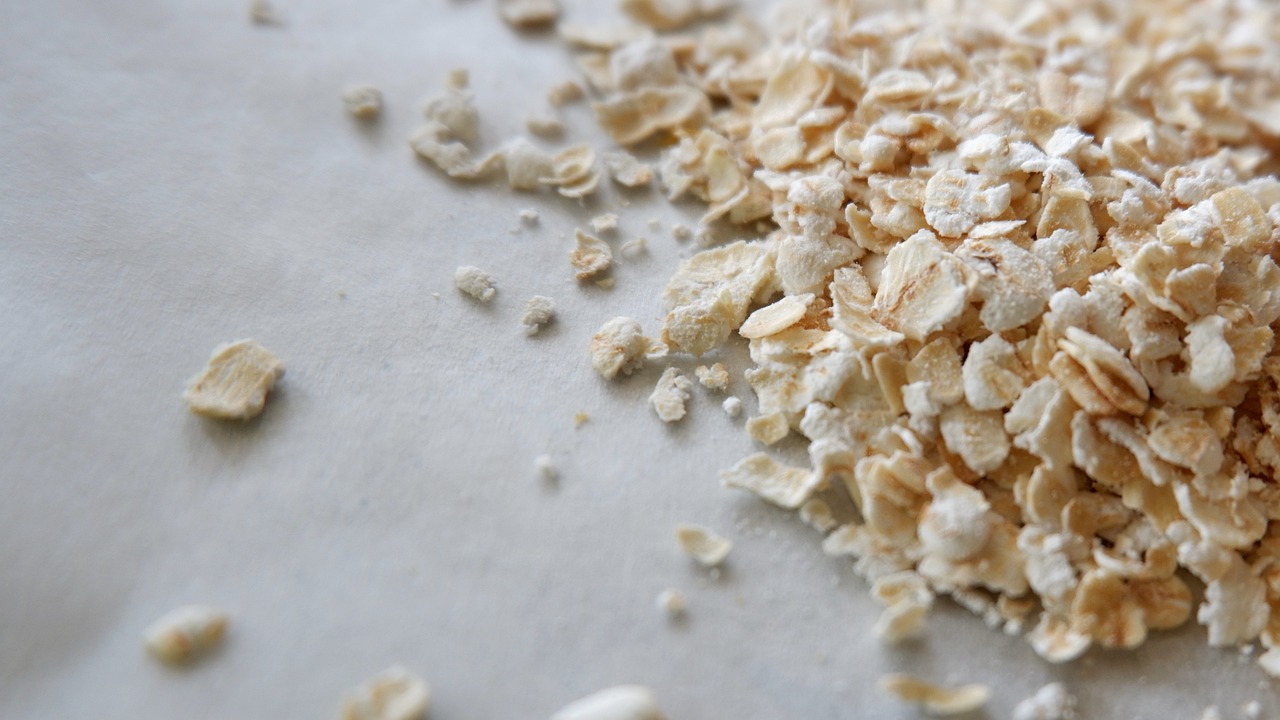 Image by เสาวภา ลื่นลม from Pixabay
Image by เสาวภา ลื่นลม from Pixabay
13. Green Tea
Green tea is known for its antioxidant properties and its ability to aid digestion. It can help reduce bloating and gas by improving gut health and metabolism. Sipping on green tea throughout the day is a soothing way to stay hydrated and gas-free.
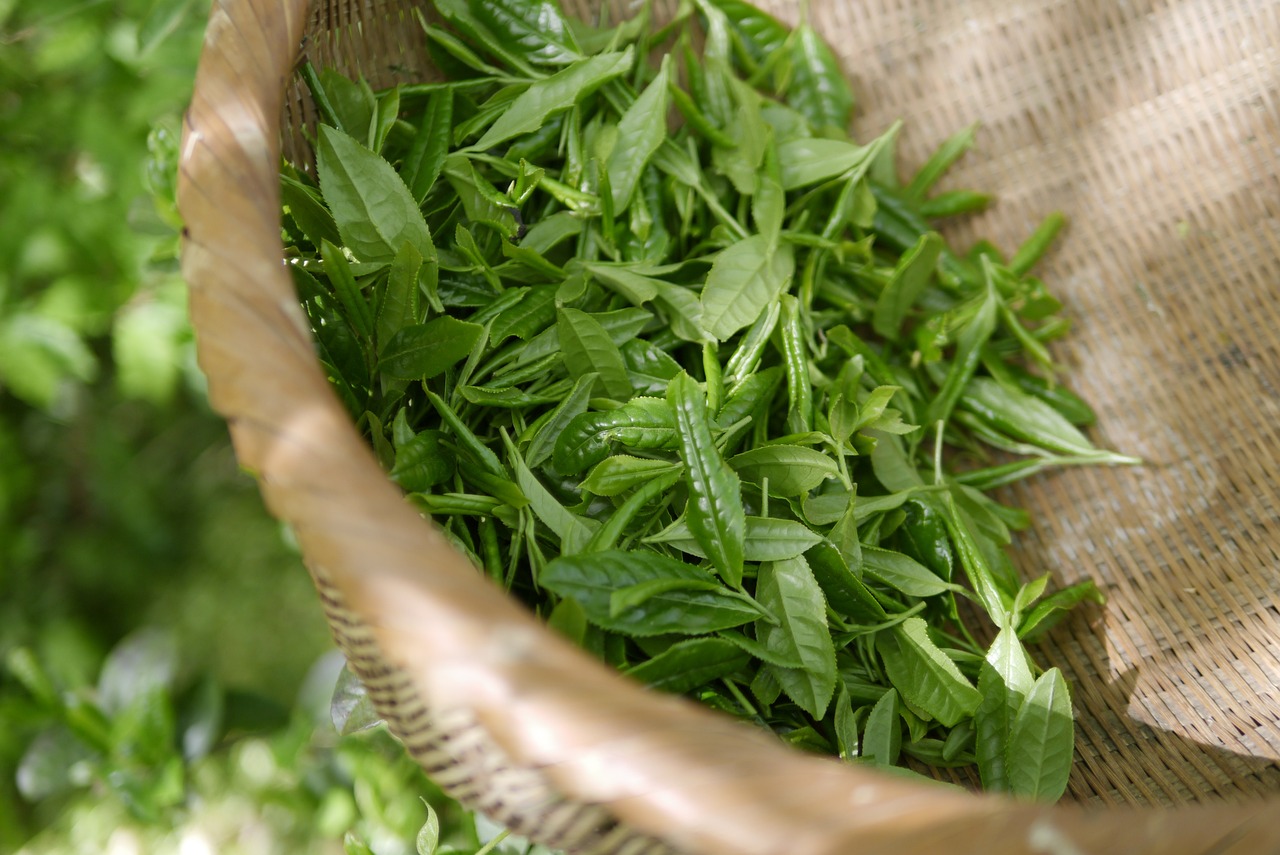 Image by hana kim from Pixabay
Image by hana kim from Pixabay
14. Watermelon
Watermelon is another fruit high in water content, which helps flush out toxins and reduce bloating. Its natural sweetness provides a satisfying treat without the risk of causing gas. Enjoying watermelon as a hydrating snack can offer immediate relief.
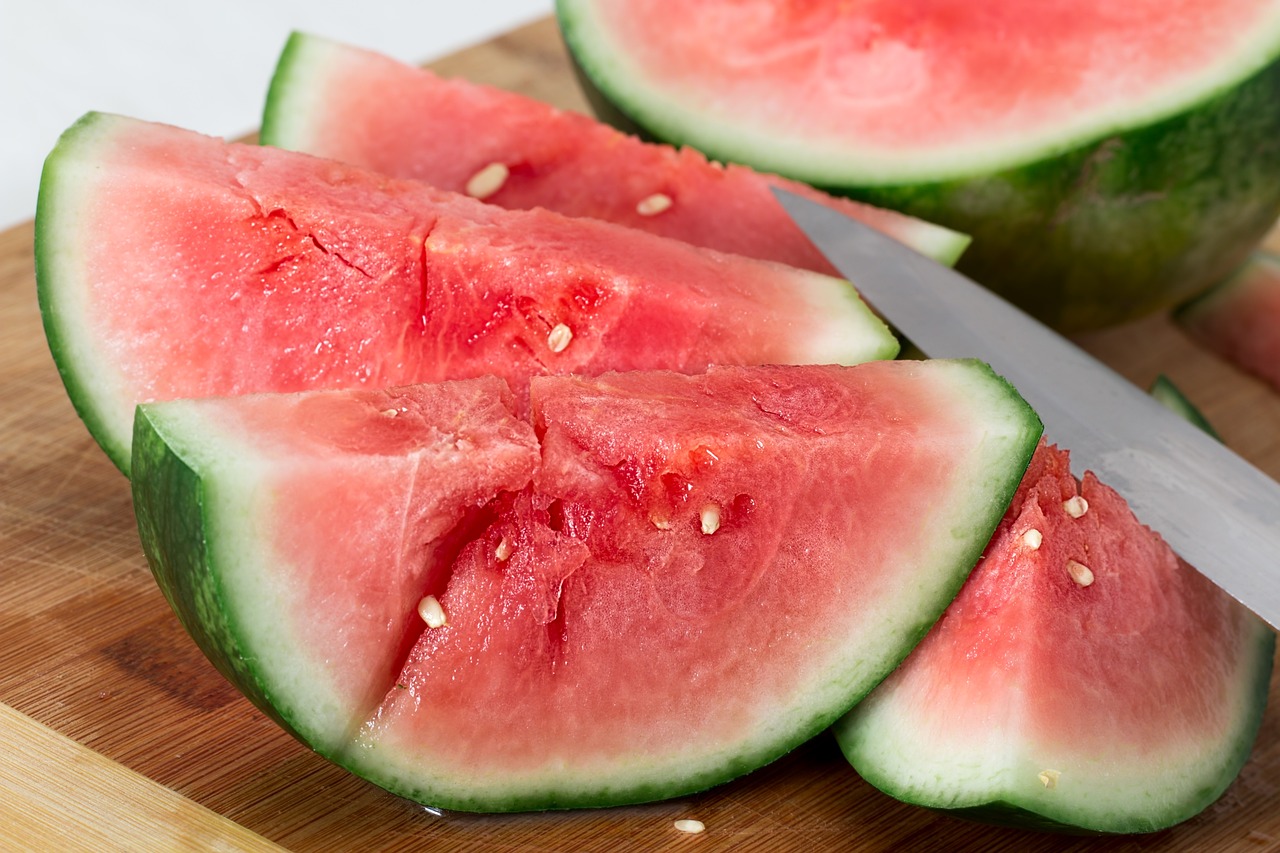 Image by Steve Buissinne from Pixabay
Image by Steve Buissinne from Pixabay
15. Chamomile Tea
Chamomile tea is renowned for its ability to soothe the digestive system and reduce gas and bloating. Its anti-inflammatory properties can help calm the stomach and alleviate discomfort. Drinking a cup of chamomile tea before bed can promote a peaceful, bloat-free night's sleep.
 Image by congerdesign from Pixabay
Image by congerdesign from Pixabay
KEEP ON READING



